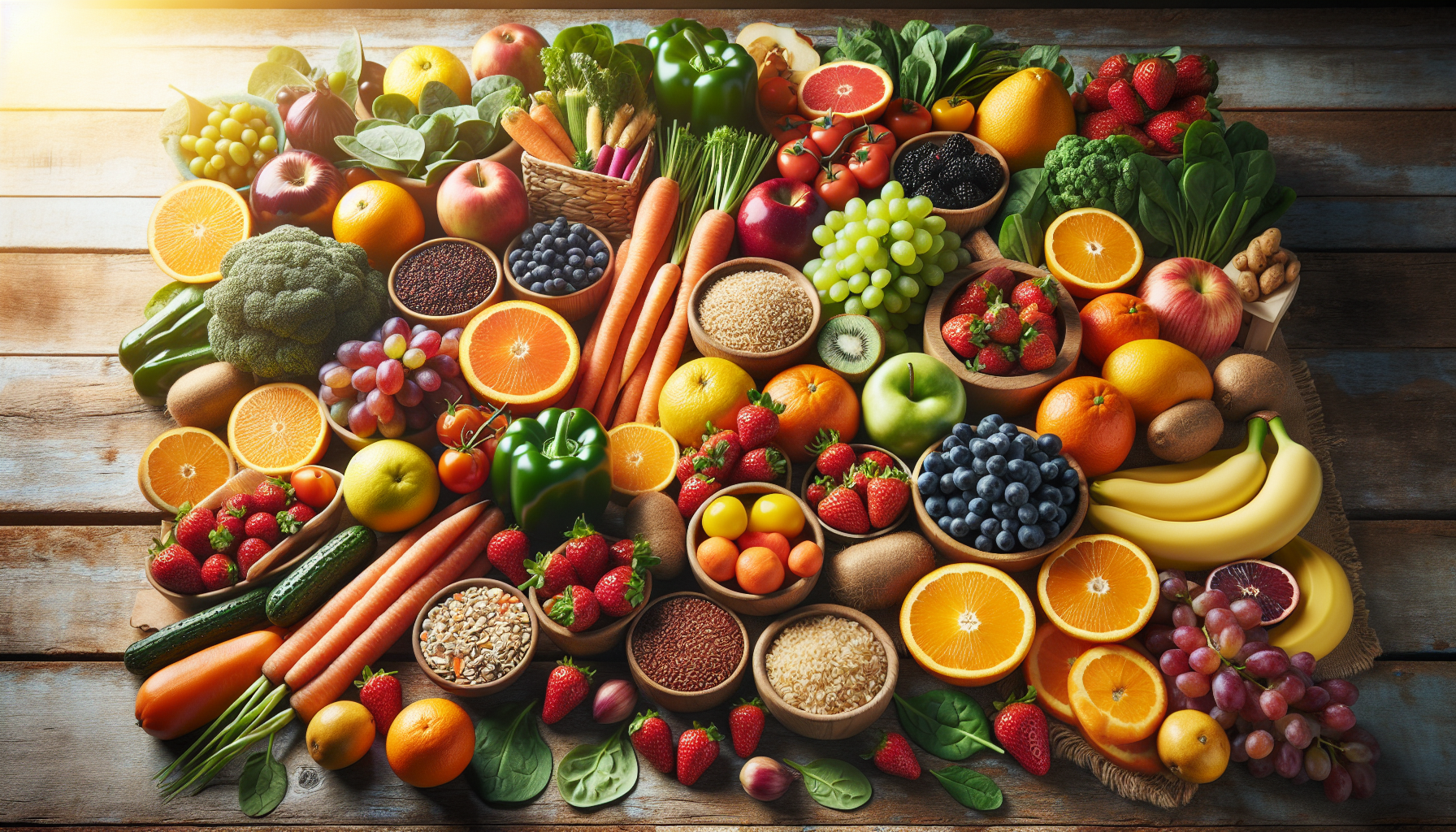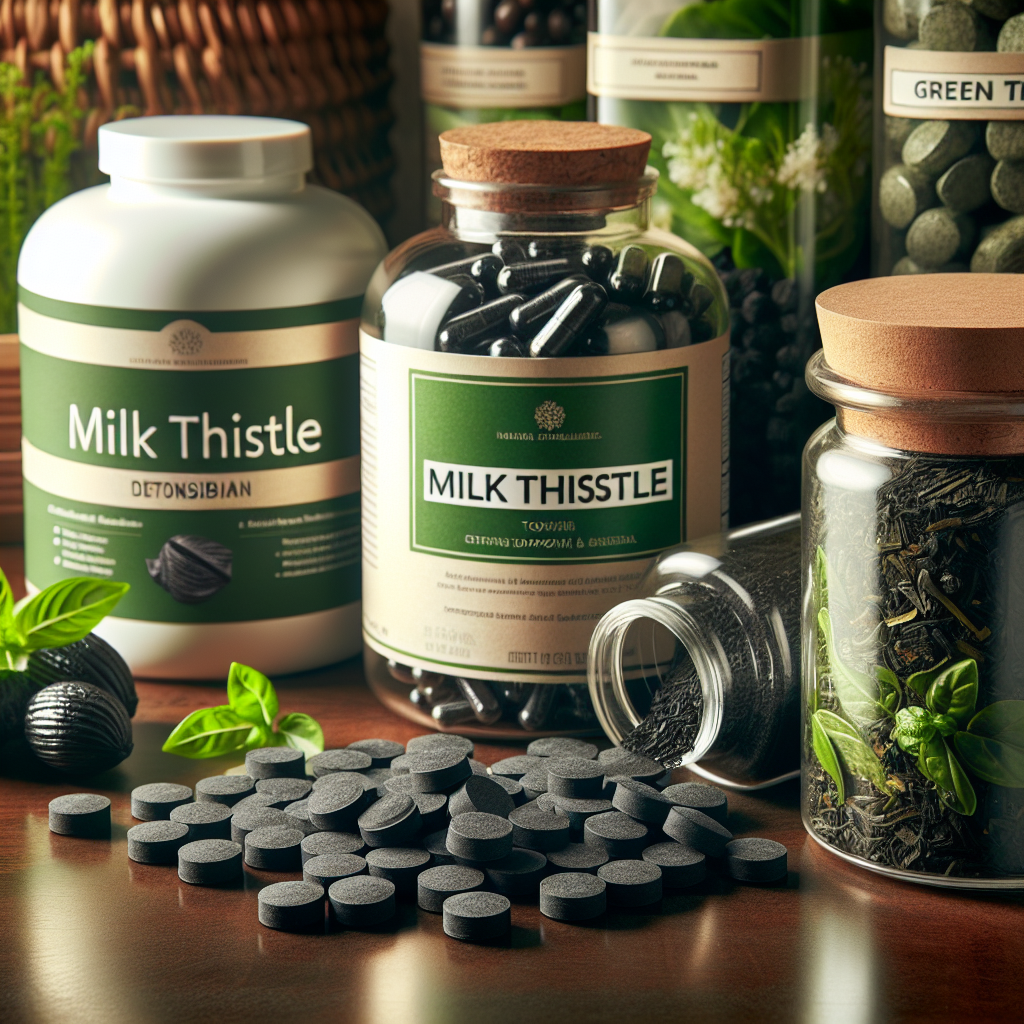In our modern world, the quest for optimal health has become a priority for many individuals. Amidst this pursuit, digestive wellness plays a crucial role. Our gut not only functions to digest food but also influences our overall well-being. However, in the process of digestion, our body can be exposed to various toxins that can impair gut function and health. Understanding and implementing best practices for eliminating these digestive toxins is essential for maintaining a robust and healthy digestive system.
Understanding Digestive Toxins
Digestive toxins are substances that can cause harm to the gastrointestinal tract and the body as a whole. They can be found in processed foods, non-organic produce, environmental pollutants, and can also be the byproducts of metabolic processes within our body. These toxins can contribute to a range of health issues, from minor discomforts like bloating and gas to more severe conditions such as chronic inflammation, yeast overgrowth, and autoimmune diseases.
To combat these issues, it is crucial to enhance our digestive health, which is deeply interconnected with other aspects of our well-being, such as skin health and cardiovascular health.
Dietary Adjustments for Toxin Elimination
One of the primary ways to reduce the intake of digestive toxins is through dietary adjustments. Incorporating organic foods and reducing the consumption of processed and high-sugar foods can significantly decrease the exposure to harmful chemicals and additives. Furthermore, including food rich in dietary antioxidants can bolster the body’s defense against oxidative stress and toxin accumulation.
For more comprehensive guidance on optimizing gut health through diet, consider reading about integrating dietary fats for optimal gut health and the importance of prebiotic foods in gut health.
Enhancing Natural Detoxification Pathways
The liver is the body’s primary detoxification organ, filtering out toxins from the blood. Supporting liver function through specific nutrients and supplements can enhance its ability to eliminate toxins effectively. Strategies such as consuming liver-supportive foods like leafy greens, cruciferous vegetables, and herbal teas can be beneficial.
For detailed strategies on supporting the liver and, by extension, digestive health, explore the article on strategies for improving liver detoxification for digestive health.
Exercise and Gut Motility
Physical activity is another powerful tool for promoting digestive health. Exercise can improve gut motility and help in the regular elimination of waste, thereby reducing the time toxins spend in the digestive tract.
Discover how physical activity can support your digestive system in the article on how exercise promotes healthy gut motility.
Hydration and Fiber Intake
Adequate water intake and dietary fiber are essential for maintaining a healthy digestive system. Water helps to dissolve nutrients and fiber, which, in turn, aids in the formation of a soft, bulky stool that is easy to pass. This process minimizes the chance of constipation and allows for the regular removal of waste and potential toxins.
For additional insights into how fiber supports digestive health, you may refer to niche resources such as academic publications on the role of dietary fiber in toxin elimination.
Stress Management and Gut Health
Stress can have a profound impact on gut health, affecting everything from gut motility to the balance of gut microbiota. Managing stress through techniques such as meditation, deep-breathing exercises, and yoga can improve gut function and aid in the reduction of toxin levels.
A deeper examination of the connection between stress and gut function can be found in the resource on the impact of emotional stress on gut function.
Probiotics and Gut Flora
The gut microbiome plays a vital role in protecting the intestinal barrier, enhancing immune function, and detoxifying harmful substances. Probiotics, whether from fermented foods or supplements, can help maintain a healthy gut flora balance, which is essential for minimizing the production and absorption of intestinal toxins.
Niche resources such as specialized probiotic research can offer further evidence on the efficacy of probiotics in toxin elimination.
Medical Interventions and Supplements
In some cases, medical interventions or supplements may be necessary to support the body’s natural detoxification processes. This could include the use of activated charcoal, chelation therapies, or specific supplements that support phase I and phase II liver detoxification pathways.
For those interested in the role of supplements in digestive health, you can explore medication & supplements for a more detailed understanding.
Conclusion
Eliminating digestive toxins is a multifaceted approach that involves dietary changes, lifestyle modifications, and possibly medical interventions. By understanding the sources of these toxins and how they affect our body, we can take proactive steps to reduce their impact and enhance our digestive health.
For more in-depth information on managing digestive wellness and related health topics, visit Avix Health and explore our extensive collection of health resources. Remember, taking care of your gut is an investment in your overall health and quality of life.



